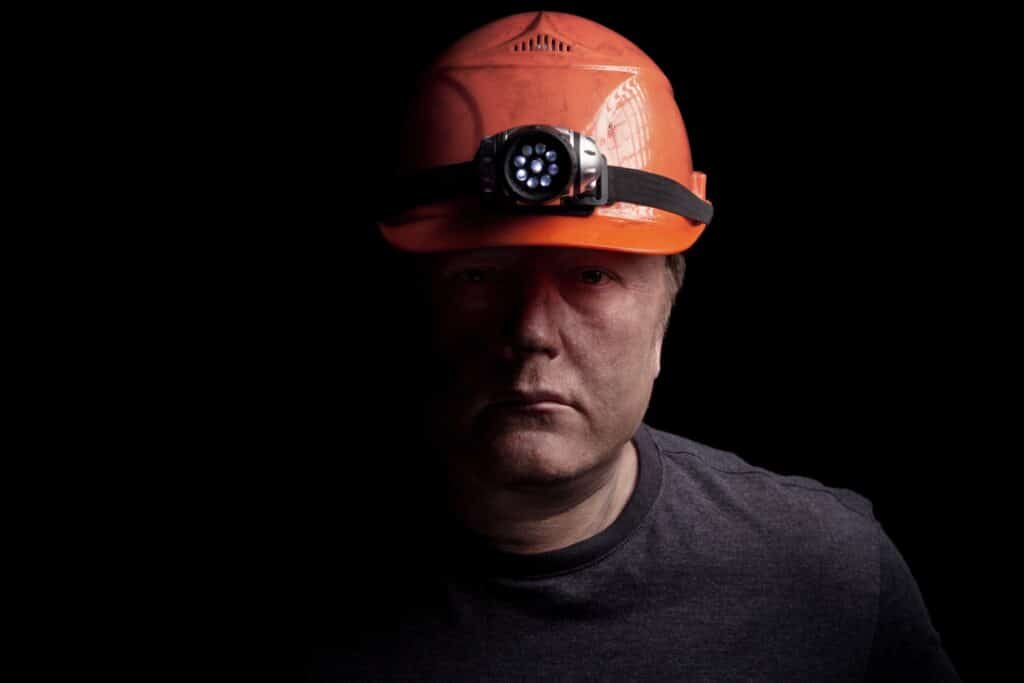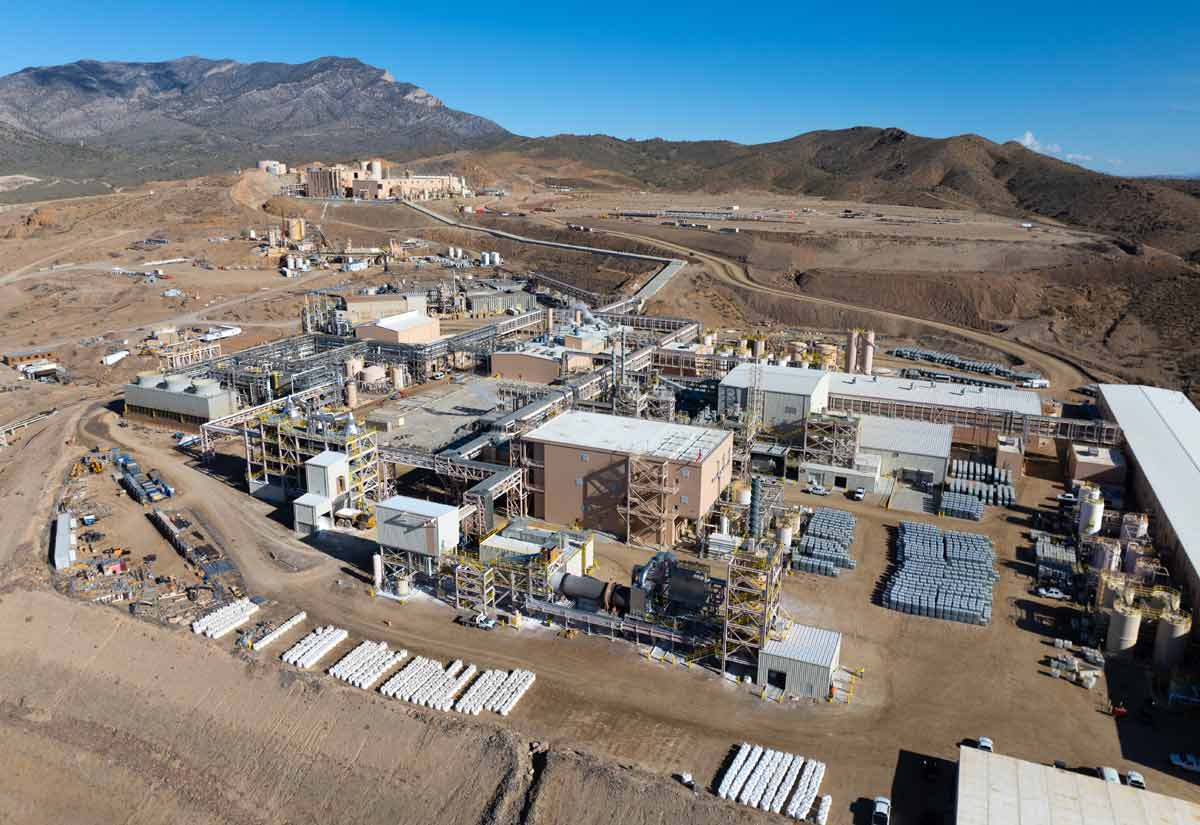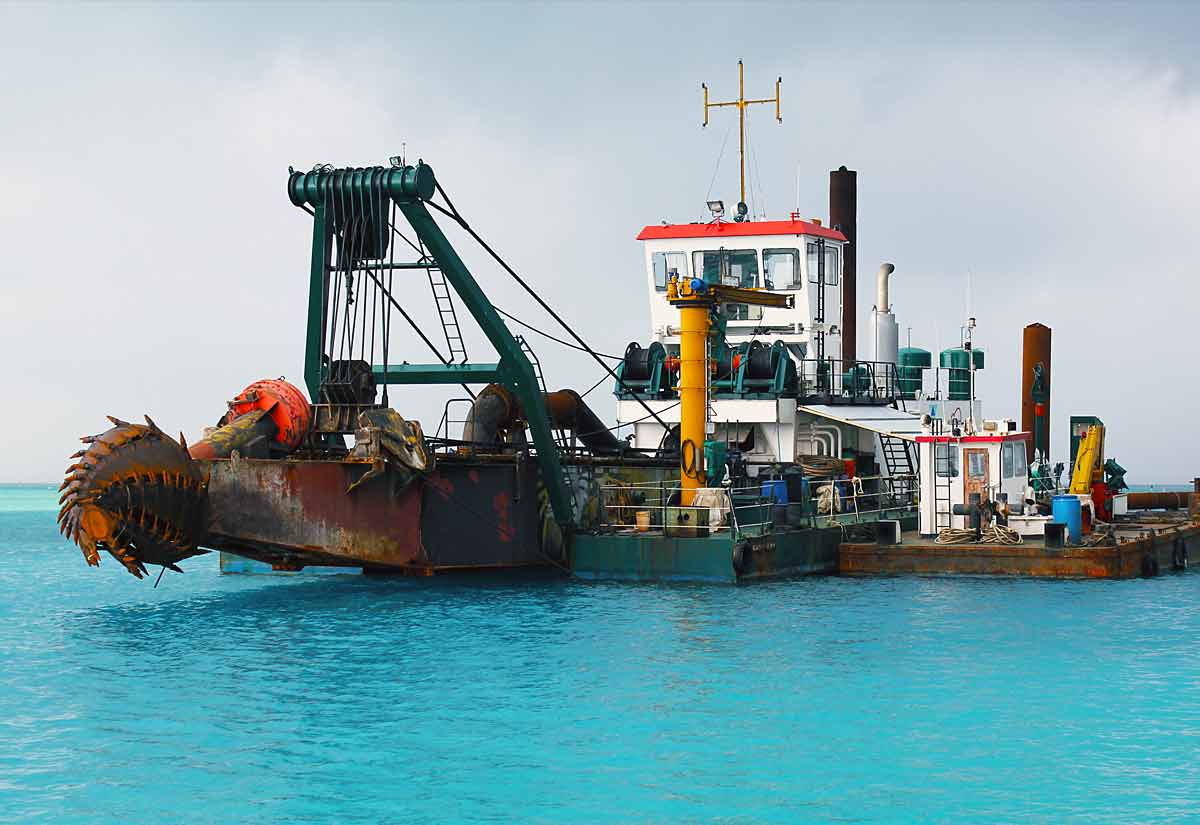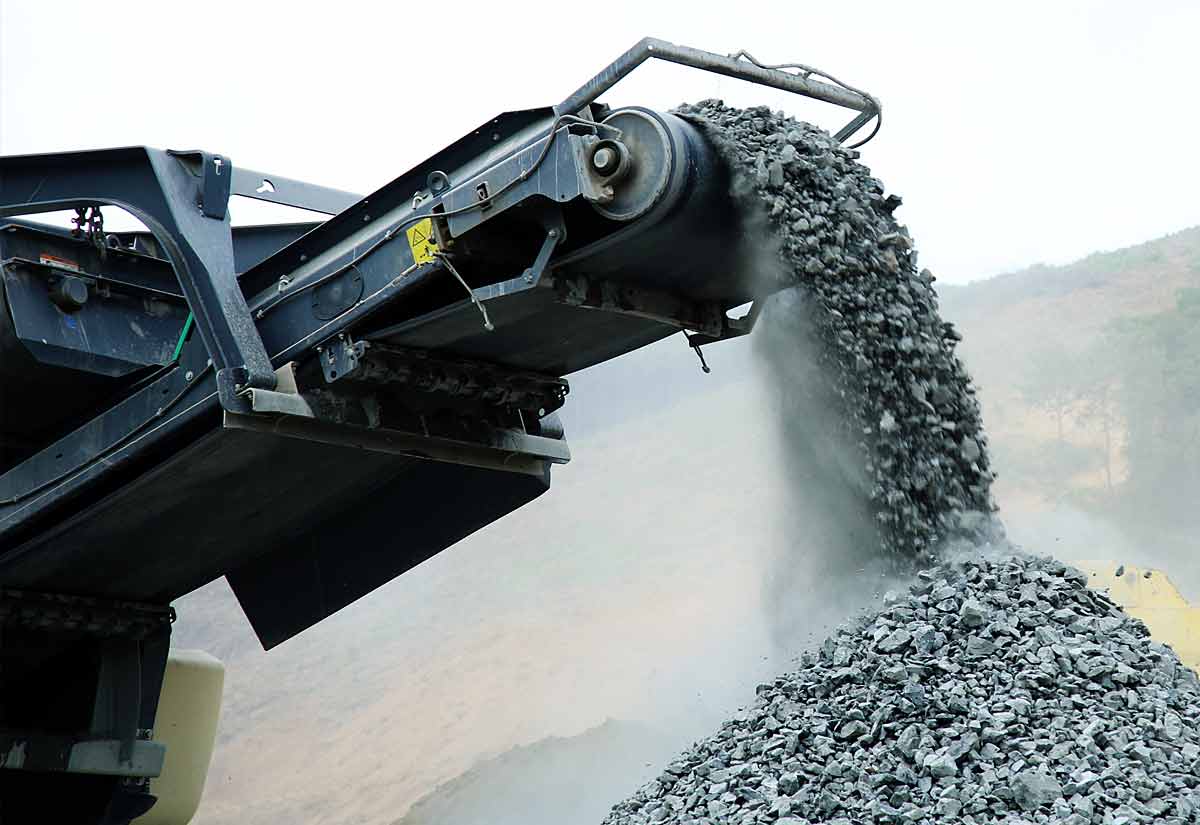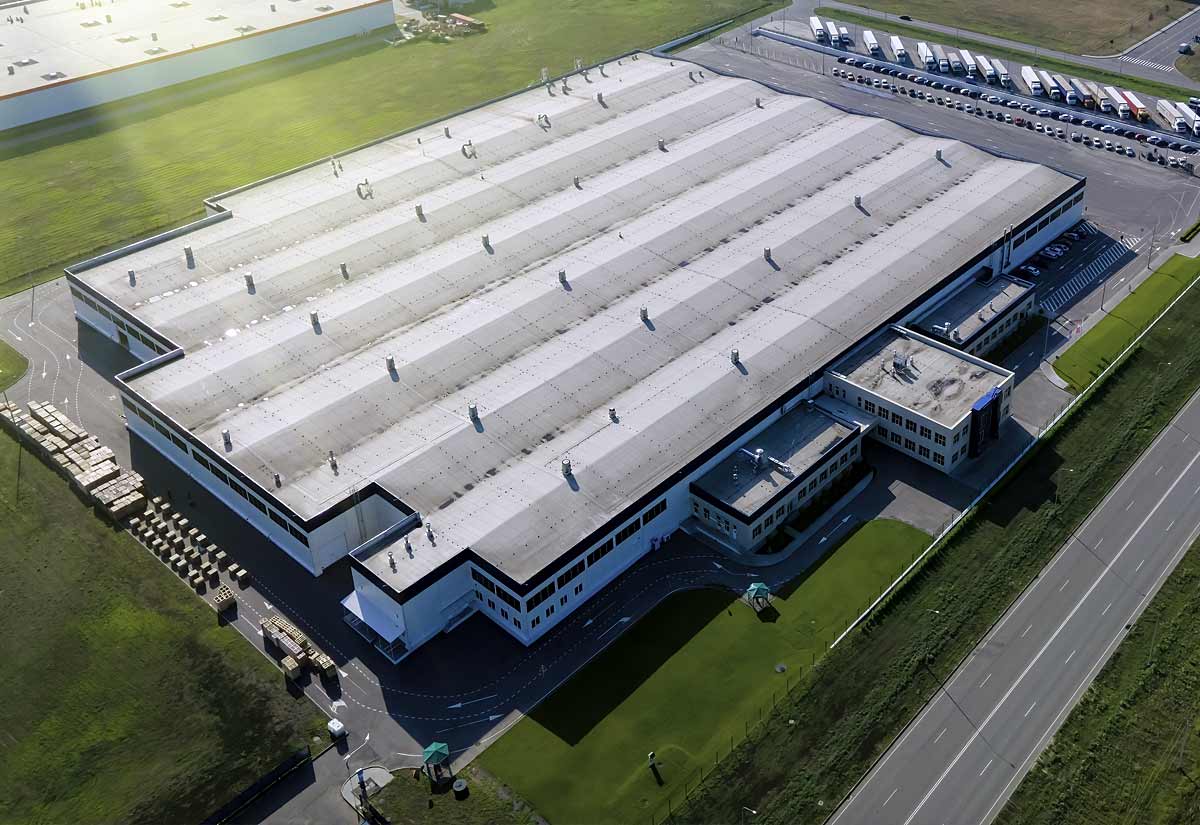The mining industry has a serious shortage of employees in their 40’s and 50’s. In many cases, these individuals are not being hired and often are overlooked in an effort to make room for younger employees.
This strategy isn’t just detrimental to older workers who are trying to find jobs. Employers miss out on a number of benefits that impact company growth and long-term success. In fact, here are five reasons why companies should embrace older workers and the advantages they bring to the mining industry.
Benefit #1: Older Workers Offer Experience
Miners in their 40’s and 50’s already know the job “like the back of their hand.” They’ve worked with industry technology and tools all their lives.
When you bring them onto the job, you don’t have to teach older workers the basics. Instead, training typically consists of informing them of company policies and procedures, and allowing them brief time to get up-to-speed on plant specifics.
Benefit #2: Older Workers are More Loyal
According to a 2013 study by The Associated Press-NORC Center for Public Affairs, research found 9 in 10 workers older than age 50 are somewhat or very satisfied with their jobs (Source: U.S. News). As a result, they’re more loyal and tend to stay on the job longer.
In fact, a report published by the BLS shared,
“tenure for workers with their current employer was highest for the oldest workers at 10.2 years. For those between the ages of 55 and 64, this number was 9.9 years and 7.6 years for those between 45 and 54 years old.” (Source: American Express)
Yet, many mining companies seek to fill the ranks with new hires in their 20’s and early 30’s in an effort to increase their “bench strength”–that is, they’re hiring at a younger age (generally 22-35) with the intent of keeping employees around for 20+ years.
While this is a good strategy in theory, it simply doesn’t work for this current younger generation. U.S. News revealed only 3 in 10 workers younger than age 25 shared the same sentiment of being somewhat or very satisfied with their jobs.
Millennials are known to change jobs frequently: they’re looking for that next promotion or raise, and they’re willing to move to get it. By the time they’re 32, many millennials have changed jobs four or more times.
Benefit #3: Older Workers Make Great Supervisors
Older employees are better prepared to step into supervisory roles and provide guidance to those they oversee. They’re in a better position to command the respect of subordinate employees while having more experience both in the mining industry and in management.
Debi Ritter, Human Resources Director for accounting firm UHY LLP, shared insight into the value older workers can offer through their leadership, dedication, and communication:
“Older workers remember a time where communication wasn’t dominated by e-mail, instant messaging, texting or social media,” Ritter wrote. “As a result, they have advanced communication and people skills, and know the value of sending hand-written thank you notes to clients and referral sources.” (Source: Forbes)
Consequently, these skills often foster better relationships between clients, coworkers, and management. When these positions go to younger employees, however, respect by a seasoned hourly work crew may be difficult to obtain. Jobs simply don’t move as smoothly. You may find yourself spending more time coaching and managing your younger supervisors than you would with an older, more seasoned hand on the reins.
Benefit #4: Older Workers Make Great Mentors
When a new employee comes on the job, he has to learn somewhere. For many individuals in this industry, the best way to become skilled at the tools of the trade is through hands-on experience and training.
Having a qualified mentor is one of the most effective ways to help new employees through this process. Employees in their 40’s and 50’s are best positioned to become these mentors. They’re more likely to be patient during this learning curve and less likely to feel as though they have to prove themselves to the detriment of their proteges.
Benefit #5: Older Workers are Hard Workers
Older employees are settled workers who are familiar with long shifts, manual labor, and tough days. They don’t come in expecting to be let go early. Rather, they’re willing to put in their forty plus hours a week without complaint.
They’ve also spent years developing a solid work ethic with a willingness to give all of that commitment and experience to the company who offers the opportunity. According to a 2010 Pew Research Center survey, nearly 6 in 10 respondents cited work ethic as one of the big differences between young and old. When asked who has the better work ethic, about three-fourths responded that older people do.
We can agree that they value ethics in the workplace and are ready to put in the work. You don’t have to be concerned with older workers taking excessively long breaks, spending too much time on their phones, or showing up late for their shifts.
In addition to, older employees have more settled home lives. They’re not likely to miss shifts because of a sick child or other problem at home.
Embrace Older Workers for Company Growth and Success
Hiring older employees offers great advantages for most mining companies. Experience, loyalty, and mentorship are key qualities this workforce will bring to your organization.
If you’re looking for skilled leaders who excel at their profession and will serve as great mentors for your company’s future leaders, contact us.
